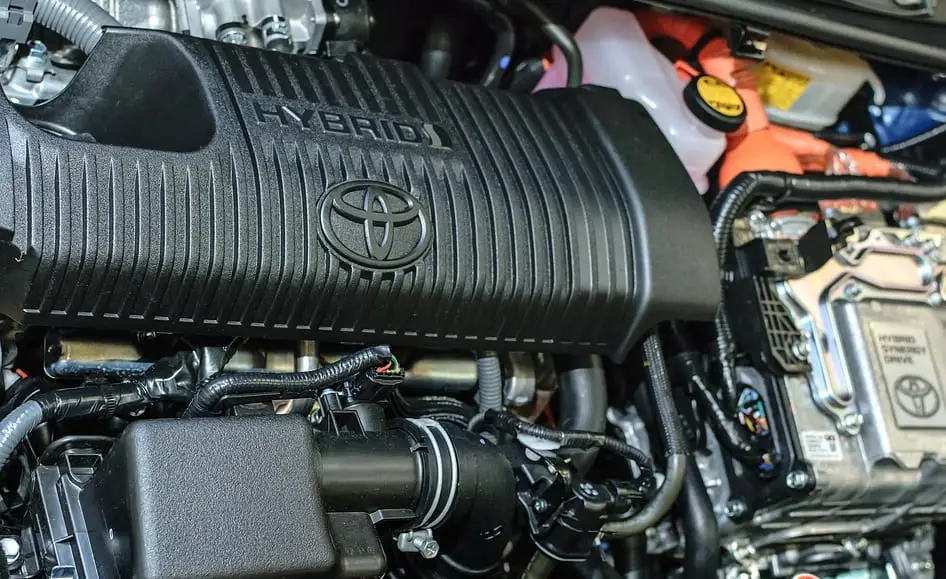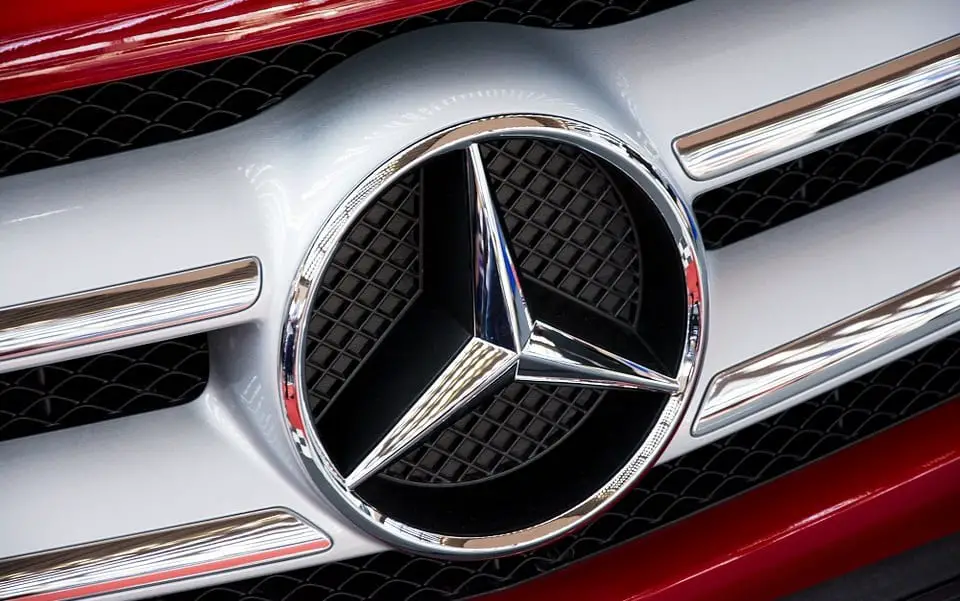
UK launches new program to support fuel cell vehicles
August 23, 2017Hydrogen for Transport Program aims to promote the adoption of clean vehicles
A new hydrogen-focused program has been launched in the United Kingdom. Called the Hydrogen for Transport Program, it aims to help promote the adoption of fuel cell vehicles throughout the country. The program is also meant to help establish a working hydrogen fuel infrastructure that will be capable of supporting new vehicles. ITM Power, a leading developer of fuel cells, has praised the program for its ambitious goals. The company has been working to promote fuel cells and the development of a hydrogen network in the UK for several years.
Program will help fund the development of new hydrogen stations
Through the Hydrogen for Transport Program, nearly $30 million in funding will be used to develop new hydrogen stations and support fuel cell vehicles. The program is part of an overarching effort to reduce the number of gas-powered cars in the UK considerably. By 2040, the UK government intends to eliminate all gas and diesel vehicles throughout the country. These older cars will be replaced by fuel cell vehicles and others equipped with battery systems.
Greater infrastructure support is needed for fuel cell vehicles to thrive
In order for fuel cell vehicles to find traction with consumers, they must have comprehensive infrastructure support. Currently, there are very few hydrogen stations open to the public in the UK. As such, there are also very few vehicles equipped with fuel cells available in the country. Consumers have been slow to embrace fuel cells because they do not have abundant access to the fuel they would need. Efforts to expand the UK’s hydrogen infrastructure have been praised by companies like ITM Power and automakers that are planning to launch fuel cell vehicles in the coming years.
Battery electrics remain much more popular than fuel cell vehicles
Fuel cell vehicles have gathered some support, but they are not as popular as other electric cars. Consumers have shown significantly more interest in battery electrics, largely due to the fact that they benefit from a relatively strong infrastructure. Charging stations are much more abundant than hydrogen stations, making battery electrics a more attractive option to those interested in clean transportation.



 With over 15 years of reporting hydrogen news, we are your premier source for the latest updates and insights in hydrogen and renewable energy.
With over 15 years of reporting hydrogen news, we are your premier source for the latest updates and insights in hydrogen and renewable energy.
How long before the lack of enthusiasm for take up of H2 FCEVs is decided to be a failure. The method may well be most efficient means of generating electricity using Hydrogen but it is far too expensive for the vast majority to afford.
There is then the major issues of scale up to produce millions of EVs each year to convert the Global Transport Fleet of over a billion vehicles.
A new mass production plant in China 10,000 units per year.
The one being promoted here 50,000 units per year, will take 20 years to produce 1 million it will need 250 such factories to produce 250 million in 20 years.
I am of the view that if the Transport Fleet is to completely decarbonised in a reasonable timescale that there has to be rapid development of a Hydrogen combustion engine which can be manufactured in existing engine plants which are already geared to produce 50 million plus engines per year.
Hydrogen “On demand On board the EV fuel production system must be developed. There are numerous units and systems available and these should be assessed as a priority.
Most importantly these people have to accept one simple fact, the burning of Hydrocarbon fuels to create energy in all its uses has to STOP.
People have to see this for what it is, a War on the use of Hydrocarbon Fuels, there may well be 150 years resources, but it will be shear madness to continue to think that any internal combustion engines can use Hydrocarbon Fuels
Given the 2040 ban on petrol and diesel engines, all ongoing developments projects involving petrol or diesel and receiving Government should, be cancelled.
All Engine development departments should focus on Zero emissions engines with a view to a future which cannot include petrol and diesel fueled engines.
HyPulJet.2.0 is a concept for a Hydrogen Hybrid Rotary Engine-generator. Basically, it intends that Hydrogen will be combusted in Oxygen enriched compressed air the expanding gasses and steam leave the combustion chamber and a spray of water is injected into the high temperature gasses and steam causing “Flash Steam” a volumetric increase in pressure/force and also an increase in viscosity of the jet directed at a rotor. An internal combustion Steam turbine.
Both these processes work in other fields, it is a matter of getting an experienced engine development team to commit to making it wok and just a small matter of funding.
The future is Zero emissions and at present that is Hydrogen. In terms of overcoming all the hurdles to and meeting the vast numbers whilst maintaining the low costs of present vehicles it is fair to say that it will be combustion in several engine types.